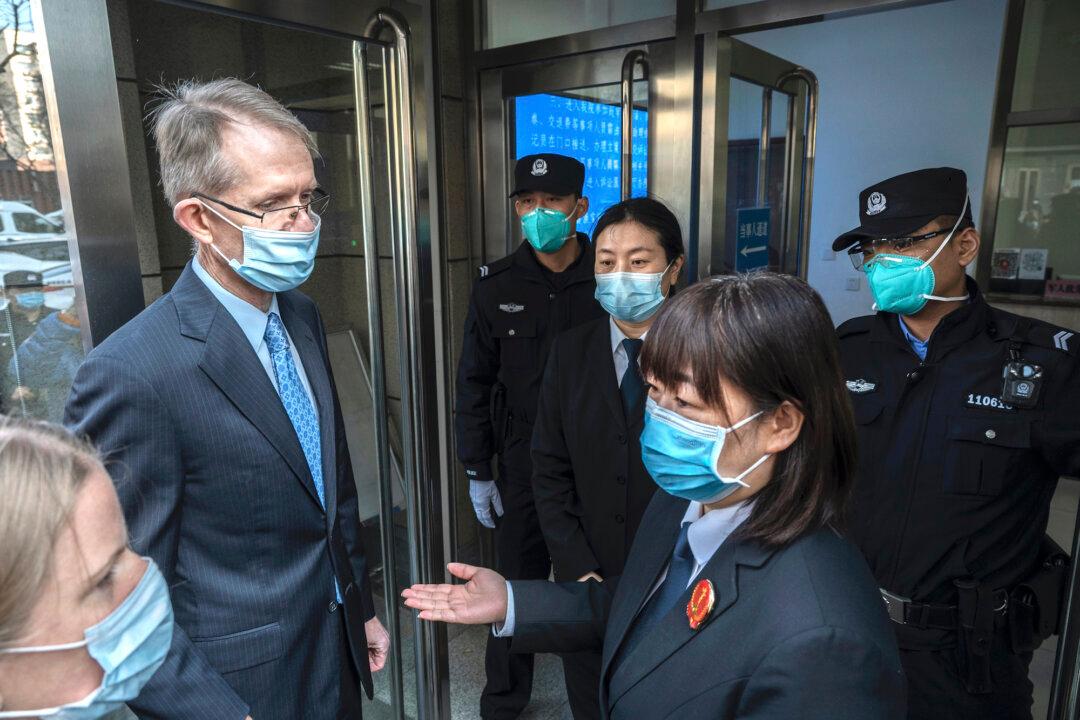Commentary
Just before the anniversary of the Tiananmen Square massacre on June 4, the Chinese regime showed the world that it cares nothing for agreements when the rules don’t serve it.

Just before the anniversary of the Tiananmen Square massacre on June 4, the Chinese regime showed the world that it cares nothing for agreements when the rules don’t serve it.